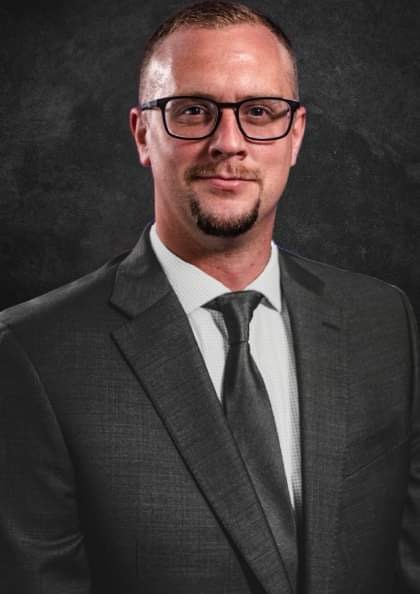WASHINGTON (AP) — The Supreme Court will hear arguments Wednesday in a case that could determine whether doctors can provide abortions to pregnant women with medical emergencies in states that enact abortion bans.
The Justice Department has sued Idaho over its abortion law, which only allows a woman to get an abortion when her life — not her health — is at risk. The state law has raised questions about when a doctor is able to provide the stabilizing treatment that federal law requires.
The federal law, called the Emergency Medical Treatment and Active Labor Act, or EMTALA, requires doctors to stabilize or treat any patient who shows up at an emergency room.
Here’s a look at the history of EMTALA, what rights it provides patients and how a Supreme Court ruling might change that.
Simply put, EMTALA requires emergency rooms to offer a medical exam if you present at their facility. The law applies to nearly all emergency rooms – any that accept Medicare funding.
Those emergency rooms are required to stabilize patients if they do have a medical emergency before discharging or transferring them. And if the emergency room doesn’t have the resources or staff to properly treat that patient, staff are required to arrange a medical transfer to another hospital, after they’ve confirmed the facility can accept the patient.
So, for example, if a pregnant woman shows up at an emergency room concerned that she is in labor but there is no OB/GYN on staff, hospital staff cannot simply direct the woman to go elsewhere.
Look to Chicago in the early 1980s.
Doctors at the city’s public hospital were confronting a huge problem: thousands of patients, many of them Black or Latino, were arriving in very bad condition – and they were sent there by private hospitals in the city who refused to treat them. Most of them did not have health insurance.
Chicago wasn’t alone. Doctors working in public hospitals around the country reported similar issues. Media reports, including one of a pregnant woman who delivered a stillborn baby after being turned away by two hospitals because she didn’t have insurance, intensified public pressure on politicians to act.
Congress drafted legislation with Republican Sen. David Durenberger of Minnesota saying at the time, “Americans, rich or poor, deserve access to quality health care. This question of access should be the government’s responsibility at the federal, state, and local levels.”
Then President Ronald Reagan signed the bill into law in 1986.
The hospital is investigated by the Centers for Medicare and Medicaid Services. If they find the hospital violated a patient’s right to care, they can lose their Medicare funding, a vital source of revenue for most hospitals to keep their doors open.
Usually, however, the federal government issues fines when a hospital violates EMTALA. They can add up to hundreds of thousands of dollars.
Since the Supreme Court overturned the constitutional right to an abortion, President Joe Biden, a Democrat, has repeatedly reminded hospitals that his administration considers an abortion part of the stabilizing care that EMTALA requires facilities to provide.
The administration argues that Idaho’s law prevents ER doctors from offering an abortion if a woman needs one in a medical emergency.
But Idaho’s attorney general has pointed out that EMTALA also requires hospitals to consider the health of the “unborn child” in its treatment, too.
Anti-abortion advocates argue that state laws banning abortion can co-exist with the federal law that requires hospitals to stabilize pregnant patients in an emergency.
The prominent anti-abortion group Susan B. Anthony Pro-Life America said in a statement to The Associated Press on Friday that all 50 states offer life-saving care to women. The group responded to an AP article that found pregnancy-related EMTALA complaints spiked in some states with strict abortion bans in 2022.
“This is not a red state-blue state issue, this is a nationwide need for better emergency care for women and their unborn children,” said Kelsey Pritchard, the group’s state public affairs director. “EMTALA clearly requires care for both patients.”
But many doctors say it’s not as clear cut as anti-abortion advocates claim. Idaho’s state law banning abortion, except for the life of the mother, has left some doctors weighing if a patient is close enough to death to treat.
Most other states allow doctors to perform abortions to save the health of a mother. But, if the Supreme Court rules in Idaho’s favor, it could invite other states to pass restrictions without that exemption.
In a statement released Monday, Jack Resneck, the former president of the American Medical Association, said Idaho’s law forces doctors to withhold proper treatment for patients.
The state’s “dangerous standard cannot be applied to the real-life situations faced in emergency departments every day,” Resneck said. “There is no bright line when each patient’s condition suddenly reaches “life-threatening,” and deteriorating patients don’t want their physicians delaying care.”
Brought to you by www.srnnews.com
















.png)
